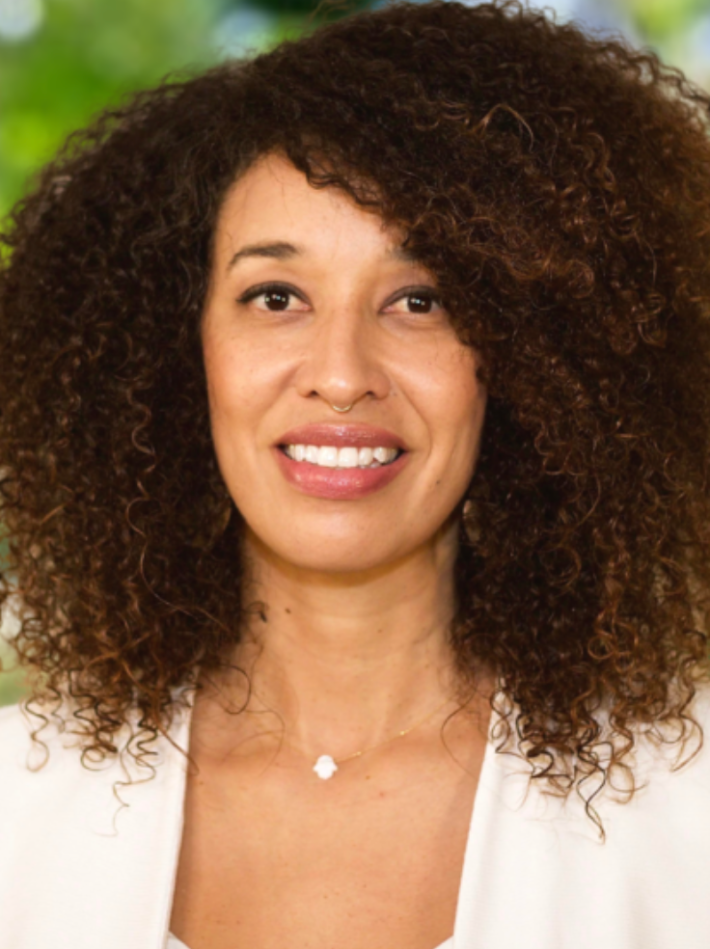In 2013, I started a small pilot compost project in Bushwick, BK ROT. The goal of the project was to provide a convenient, weekly home pick-up of food scraps for New Yorkers who wanted to compost, but couldn’t bring their organic waste to the limited, and often distant, drop-off sites available at the time. BK ROT paid $15 an hour to local youth to collect the food scraps by bike and transform the scraps into compost in local gardens. That same year, the Department of Sanitation’s Brown Bin pilot offering curbside pickup for organic waste was rolled out in the nearby Brooklyn neighborhood of Windsor Terrace.
Nine years later, BK ROT has grown, and now serves Crown Heights, Bedford-Stuyvesant, Ridgewood, Williamsburg, and parts of Fort Greene, and it has diverted almost a million pounds of food waste from landfills. DSNY’s organics collection program, on the other hand, has not only remained stagnant but Mayor Adams, in his preliminary budget, proposed to cut expansion of the already-limited program. Even as I have immense pride that we offered a solution to our community in lieu of a city program, it’s way past time for the city to level up and provide universal curbside organics collection, so that all New Yorkers can participate in this vital zero waste practice.
Over the past decade, the city never gave the vast majority of city residents, especially those in Black and Brown communities, the chance to try out food waste composting at home, despite steadily growing demand for such waste solutions. At the same time, dozens of groups across the city — including BK ROT, Reclaimed Organics, Astoria Pug, GreenFeen Organix, and Compost Power — have had to set up local composting operations in communities that the city failed to reach. Adding insult to injury, while these communities never got to participate in city-run composting, affluent districts, such as Park Slope, were serviced as much as twice per week by the Brown Bin program.
When the mayor abruptly announced a halt expansion of the Brown Bin program, he reasoned that the program was too costly given the low participation rates. He said he wanted to come up with a program that people actually use. On one hand, he was right: The limited rollout focused on wealthier communities and ignored working class communities of color. It was also a volunteer, opt-in program, which made it easy for landlords to prevent tenants from participating. I agree that the program needs reform, but the solution is not to end city-run composting; it’s to make it universal and mandatory — with the proper training, education, and resources for all communities to be successful.
Beyond simple access, universal composting is an equity issue for a number of reasons. Black and Brown communities disproportionately suffer from the effects of climate change and are more susceptible to extreme heat and air pollution. By mandating universal composting, the city could reduce our effect on the climate, while generating fresh compost that can be used to enhance our community gardens and urban forests.
That’s why I am so excited about Council Member Shahana Hanif’s bill for universal curbside organics, and why I was thrilled to be a co-prime sponsor. As chairwoman of the Council’s Committee on Sanitation and Solid Waste Management, I feel strongly that this is exactly the kind of legislation we need in order to operationalize an efficient, effective, and equitable program.
A universal, mandatory curbside composting system would be the biggest key to achieving the city's goal of zero waste by 2030. Every single global institution focused on fighting the climate crisis agrees: Municipal composting is the fastest, clearest path for cities to reduce greenhouse-gas emissions and to achieve zero waste. Even the city’s Independent Budget Office noted in a review that making the organics program mandatory would be key to driving its success. The facts are plain: Diverting food waste from landfills will create green, union jobs, cut greenhouse-gas emissions, and generate compost for our urban ecosystem. This is a win-win for the five boroughs.
Council Member Sandy Nurse represents Cypress Hills, Bushwick, City Line, Ocean Hill, Brownsville and East New York.







